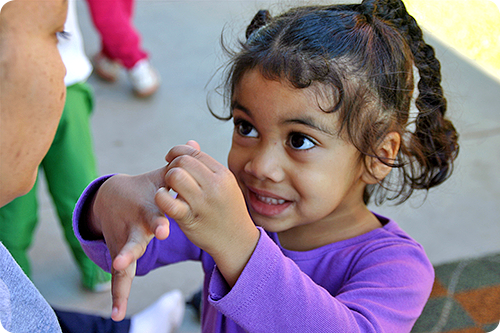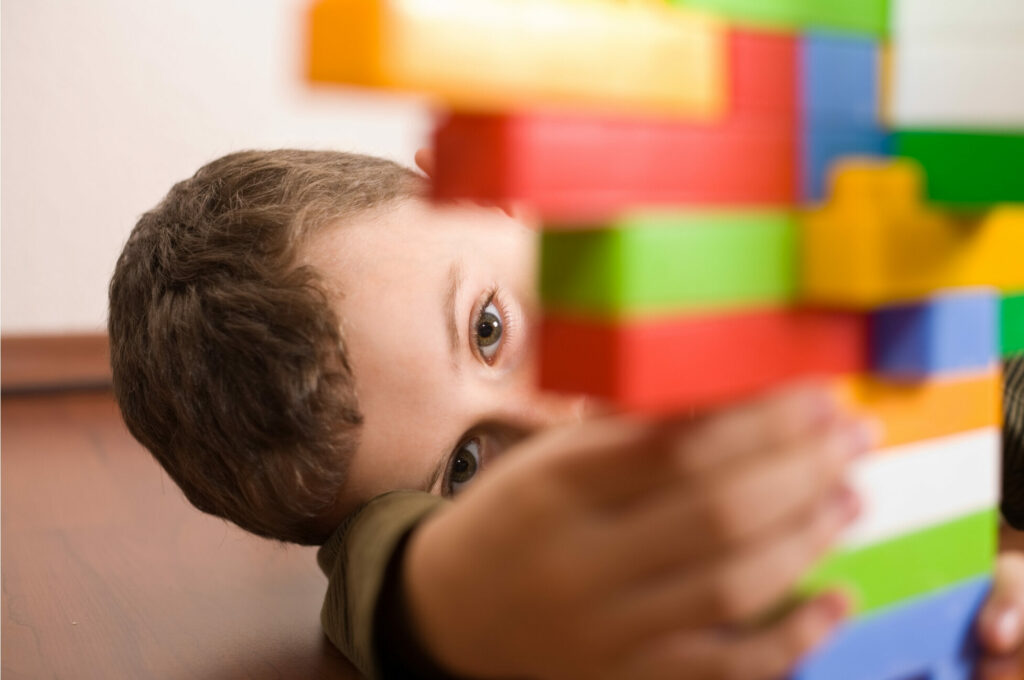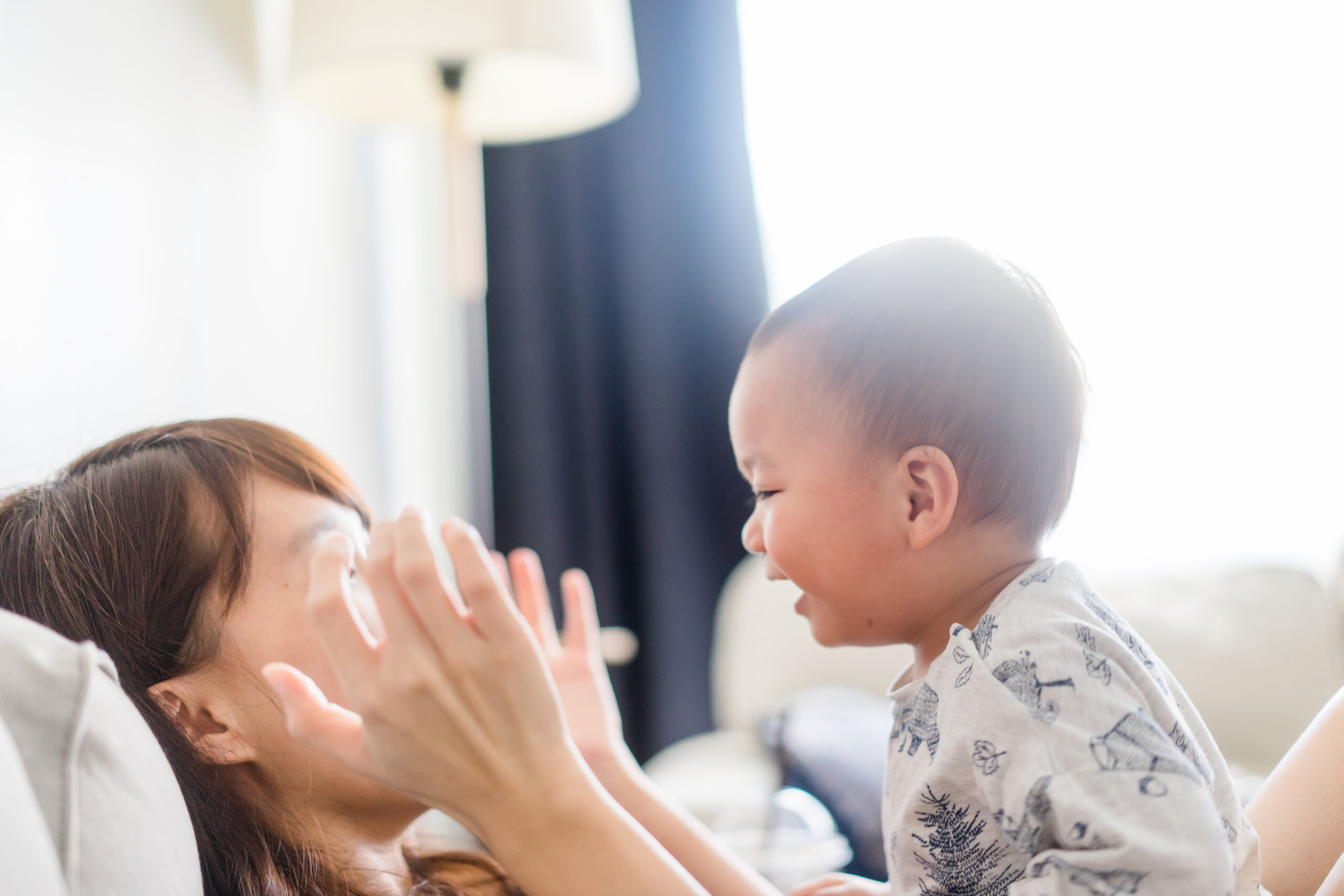Our Core Beliefs
- Social-emotional development is the core area for inspiring and organizing the growth of the child.
- All children have ideas worth exploring, emotions worth embracing and differences worth celebrating.
- Loving, responsive, and long-lasting relationships are the foundation and the fuel for development.
DIR Floortime®
DIR Floortime® is an evidence-based approach for working with children with autism and developmental delay, developed by Dr. Stanley Greenspan, M.D., and Dr. Serena Weider, PhD.
Over the past 30+ years, research has validated the critical role of developmental principles in treatment, including the importance of emotional experience, child-caregiver relationships, and understanding and responding to the individual differences of each child. The DIR Floortime® approach addresses the core areas of challenge in autism – social engagement, social communication, and the broadening of interests.
Floortime is an individualized approach tailored to the unique strengths, interests and challenges of each child. Each child’s sensory needs, motor skills, communication skills, visual-spatial skills, and cognitive skills are considered when developing an intervention plan. Floortime does not target skills in isolation – rather, the approach addresses these areas through its focus on emotional development. By engaging a child’s interests, Floortime creates connections between the child and their caregivers and brings out a child’s creativity and curiosity.
Learning and Development Through Play
In Floortime, therapists and caregivers engage with children through the activities each child enjoys, following the child’s lead and engaging in their interests. Therapists teach caregivers how to guide their child into increasingly complex interactions. This process, called “opening and closing circles of communication,” is central to the Floortime approach.
Floortime aims to help children reach six developmental milestones, which are the foundation for emotional and intellectual growth. The six milestones include:
- Self-regulation and interest in the world
- Engagement and relating
- Two-way purposeful communication
- Complex communication and problem-solving
- Creating emotional ideas
- Emotional and logical thinking
The Importance of Relationships
The “R” of DIR® stands for Relationships. In the DIR Floortime® approach, all activities involve interactions between people. Learning takes place through these interactions. Therapists aim to support and enhance the child’s relationships with family, friends, teachers, and others in the child’s natural environments.
DIR® Floortime is based on the idea that emotional experience is integral to healthy overall development, and by mastering each functional emotional developmental milestone, a child can develop the capacity to be an engaged, caring individual who is flexible, adaptable and a creative problem solver.




